A climate-focused organization, the Climate Imperative Foundation (CIF), has emerged as a significant force in the movement to electrify the U.S. economy. Founded in 2020 by prominent climate activist Hal Harvey, CIF received a substantial $221.5 million from eight undisclosed donors, a dramatic increase from the previous year. This influx of anonymous funding raises questions about transparency and potential influence on policy decisions.
CIF allocated a considerable portion of its revenue, $101.7 million, to various environmental groups advocating for policies like natural gas stove bans and electric vehicle mandates. An additional $7.9 million went to Energy Innovation, a for-profit research firm owned by Harvey himself. This financial connection between CIF and Energy Innovation warrants further scrutiny.
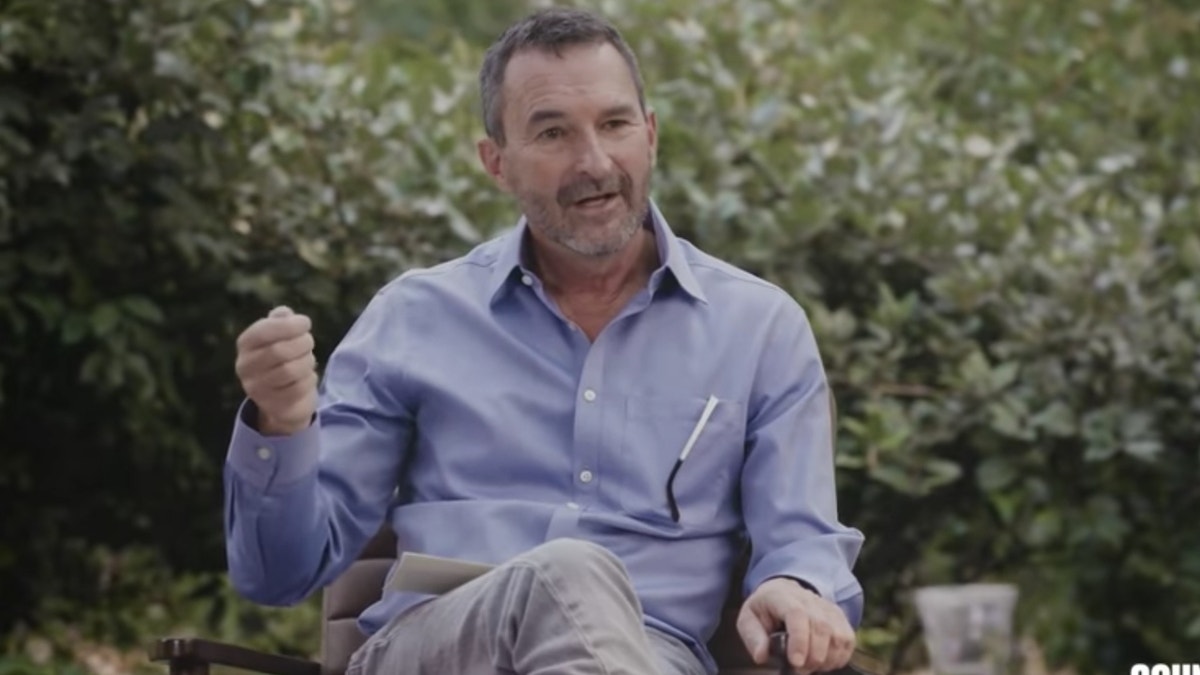
Several organizations receiving CIF funding have direct ties to the Biden administration, raising concerns about potential undue influence on policy. Critics like Tom Pyle of the Institute for Energy Research express concern about the lack of transparency surrounding CIF's funding and its potential impact on national security, energy security, and personal freedoms. Pyle calls for an IRS investigation into CIF's financial activities.
CIF's influence extends to groups like Rewiring America, which received $400,000 and whose research on gas stoves and childhood asthma was used to justify stricter regulations. The League of Conservation Voters, another recipient of CIF funding, received $2.4 million and has consulted with high-ranking Biden administration officials. WE ACT for Environmental Justice, also funded by CIF, was consulted by CPSC commissioner Richard Trumka Jr. regarding the legal basis for gas stove regulations.
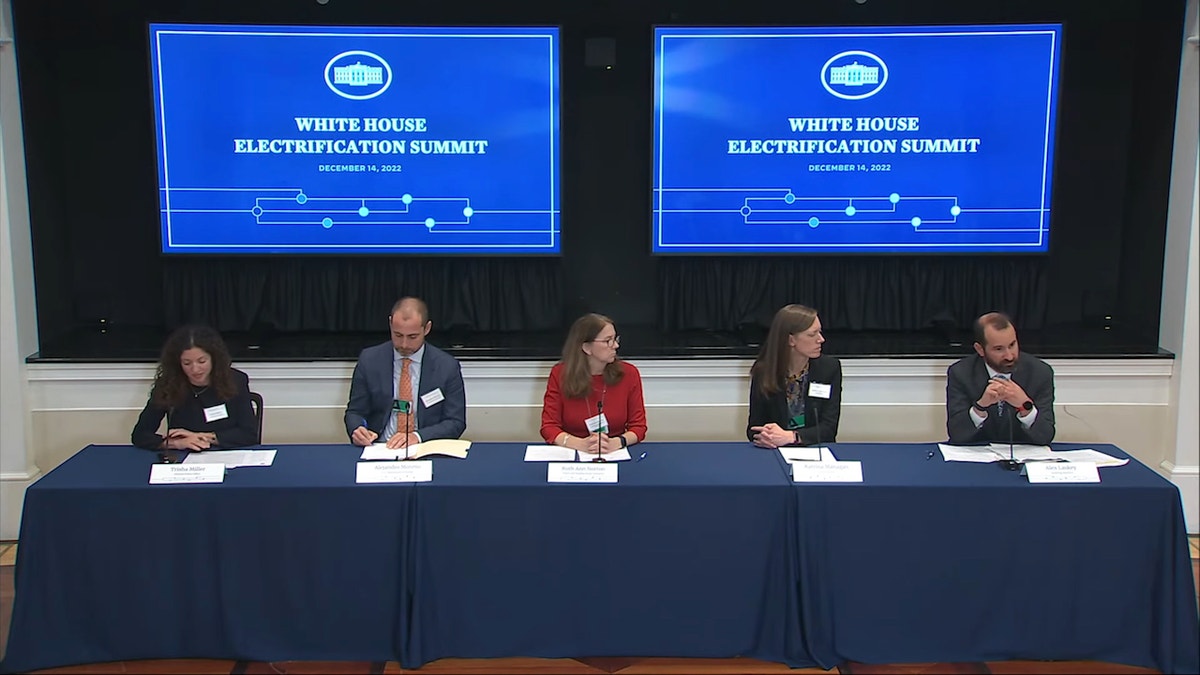
CIF's connections to China also raise eyebrows. The foundation has funded initiatives related to clean energy outreach and policy development in China. Further, CIF provided significant funding to the Energy Foundation, a group with strong ties to the Chinese government. Harvey himself has communicated with high-ranking Chinese officials, further highlighting the intertwined relationship between CIF and China.
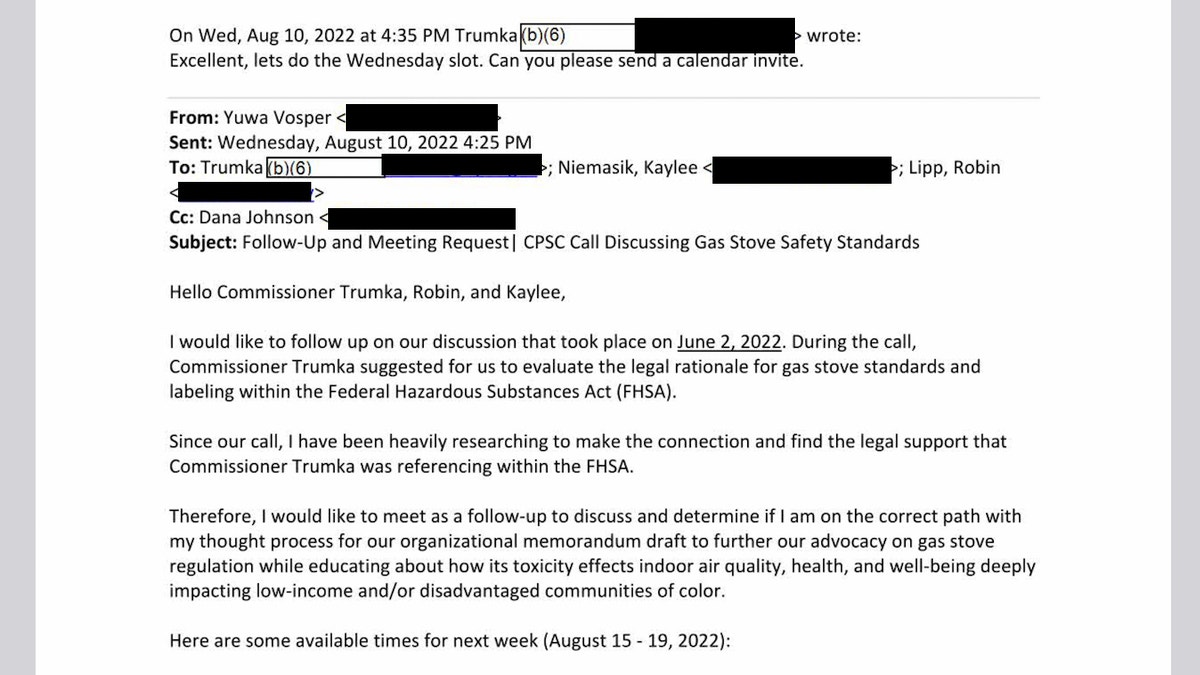
Harvey's influence stretches beyond CIF, encompassing the Energy Foundation, his for-profit company Energy Innovation, and the ClimateWorks Foundation. This complex web of organizations raises questions about potential conflicts of interest and the extent of Harvey's influence on climate policy. While CIF maintains that its work focuses on practical clean energy solutions, critics remain concerned about the organization's lack of transparency and potential for undue influence.
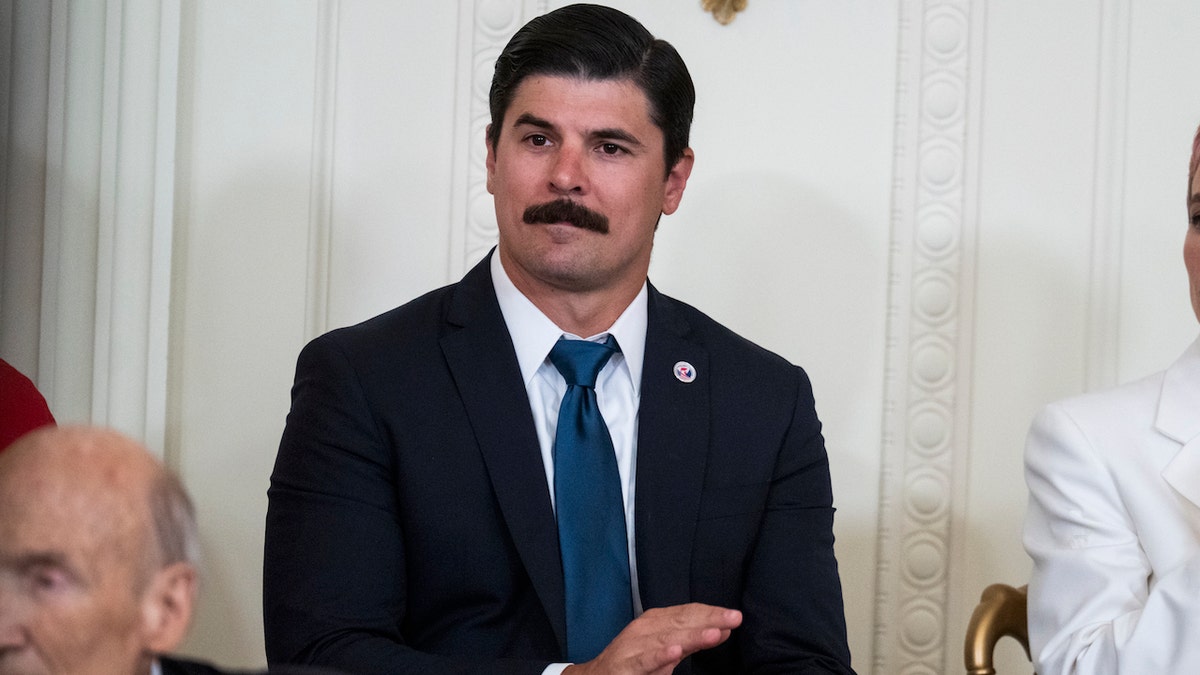
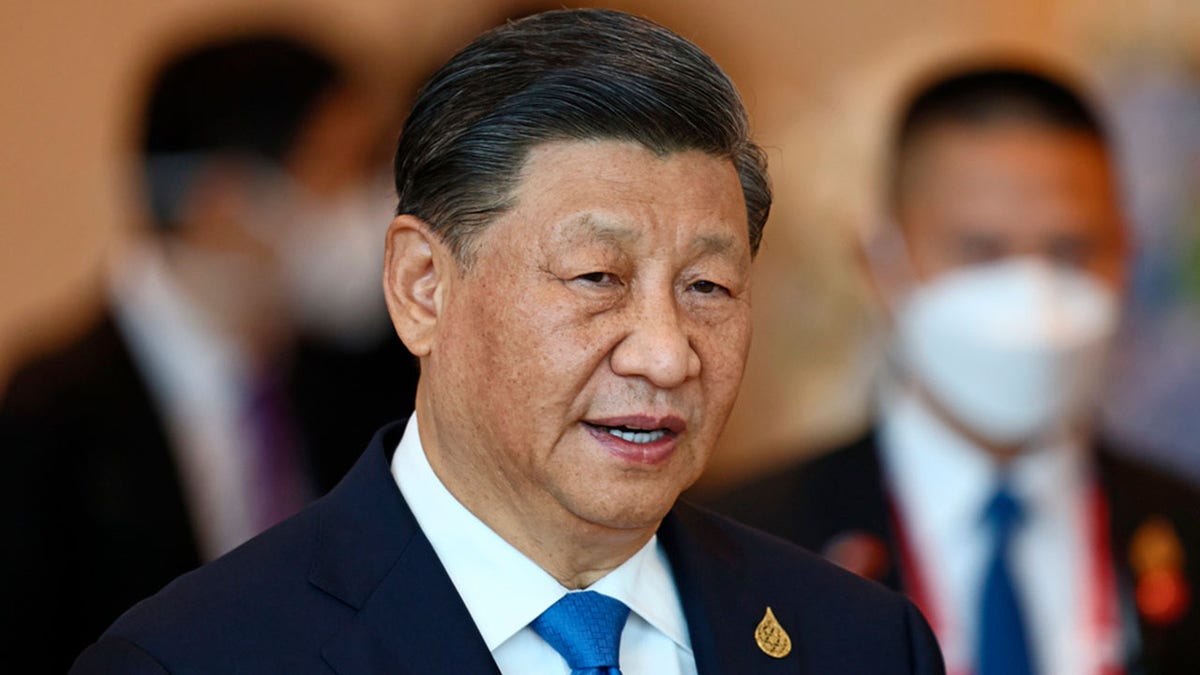
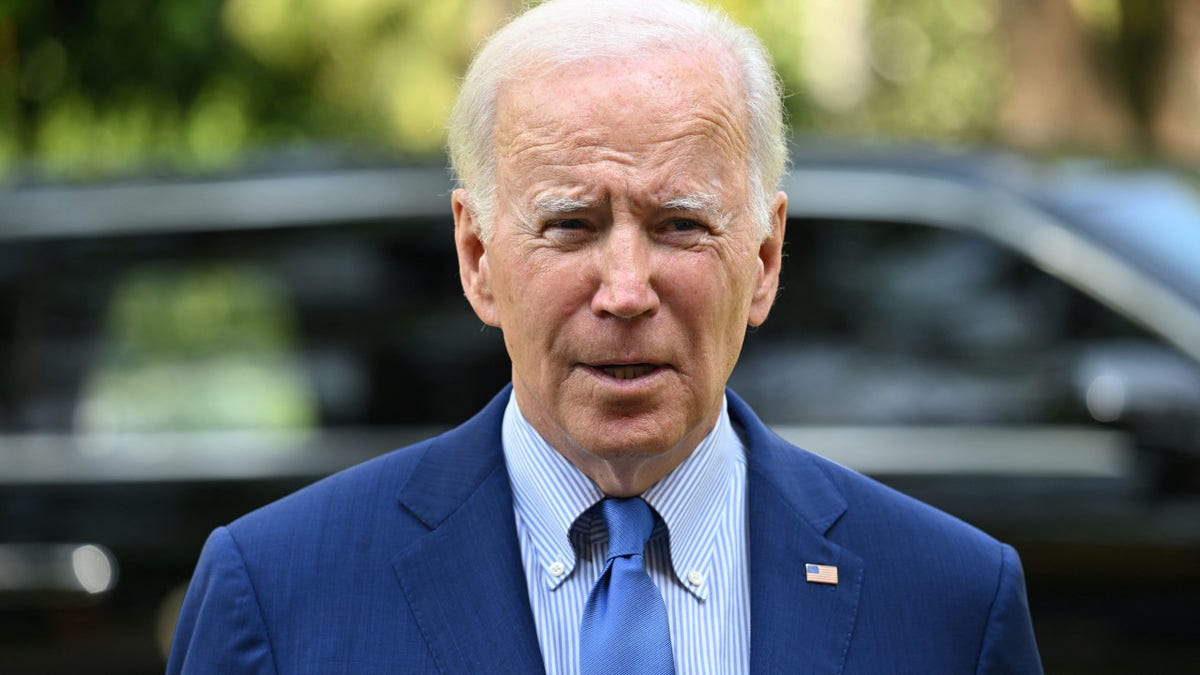
Comments(0)
Top Comments